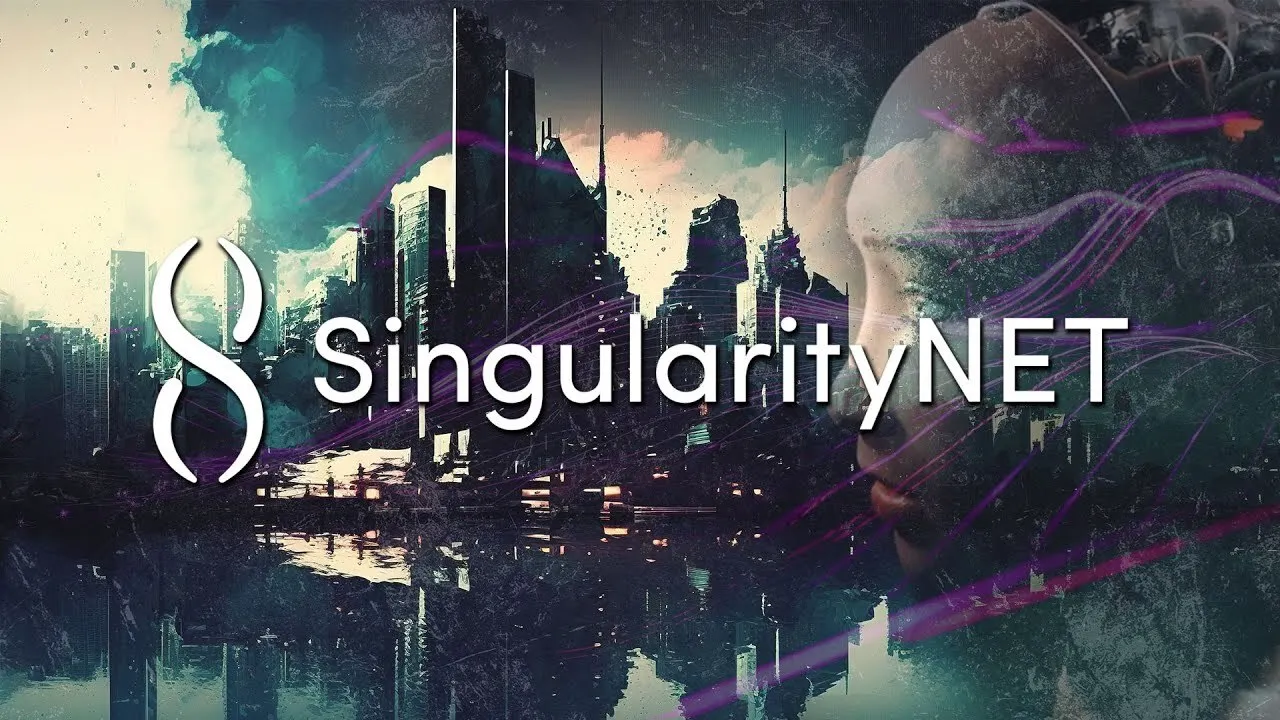Blockchain and decentralized AI developer SingularityNET announced on Tuesday that it is investing $53 million in artificial general intelligence (AGI) research, focusing on the hardware needed to support decentralized AI and accelerate progress in the already fast-moving AI space.
According to SingularityNET, the funding will be rolled out in phases, beginning with allocating half—$26.5 million—toward the creation of “the world's first modular supercomputer” built especially for decentralized AGI.
“Our new hardware facilities will complement our already powerful decentralized computing networks, and increase our ability to deliver cutting-edge AI applications at scale as well as to lead the AI field,” SingularityNET founder and CEO Ben Goertzel said in a statement.
A modular supercomputer is a high-performance computer designed to be scalable, where components can be easily added or replaced as needed. To ensure it is optimized for performance and flexibility, SingularityNET said it is working with several state-of-the-art components.
SingularityNET says the new project will include ExaContainer modular data center solutions from Ecoblox, GPUs and CPUs from Nvidia, AMD, and Tenstorrent, and advanced AI servers from Asus and Gigabyte.
SingularityNET plans to build the first of several modular compute containers that will act as decentralized hubs for a network of devices from fellow AI developers Fetch.ai, Ocean Protocol, NuNet, HyperCycle, as well as itself. Thanks to their design, the containers can be placed and relocated worldwide.
"The work that Dr. Goertzel and his team are doing to bring AGI into both their supercomputers and into end products is great," Tenstorrent CEO Jim Keller added. "Tenstorrent's heterogeneous compute featuring our CPU, our RISC-V [architecture], and our AI accelerator technology are the perfect fit to help them accomplish this goal.”
SingularityNET is among several organizations focused on AGI, the next phase of AI where the capabilities of the technology exceed those of humans across a variety of domains. The horizon for when AGI will be achieved has drawn increasingly near. Goetzel has said it will arrive within three to eight years.
In fact, the organization is already planning ahead for artificial superintelligence (ASI), which many believe will mark the advent of the singularity, the point where AI grows beyond human control.
Goertzel has studied AI and its possible ramifications for years, and has long envisioned a transhumanist future where technology and humanity align and combine.
“We have more data about different levels of the human body and different organisms than any human mind can understand, and biostatistics struggle, standard machine learning struggles,” Goertzel previously told Decrypt. “So the more advanced your AI gets, the better you can integrate together all the diverse biology data out there, and you can then use AI for hypothesis generation.”
In March, SingularityNET, Fetch AI, and Ocean Protocol announced that the three blockchain AI firms would merge into a single Artificial Superintelligence Alliance. The merger aims to accelerate the development of decentralized AGI and challenge big tech firm dominance over artificial intelligence.
The separate tokens for the three projects have merged with the Fetch AI (FET) token, the alliance announced on Monday, which is now branded as the ASI token.
Edited by Ryan Ozawa.

